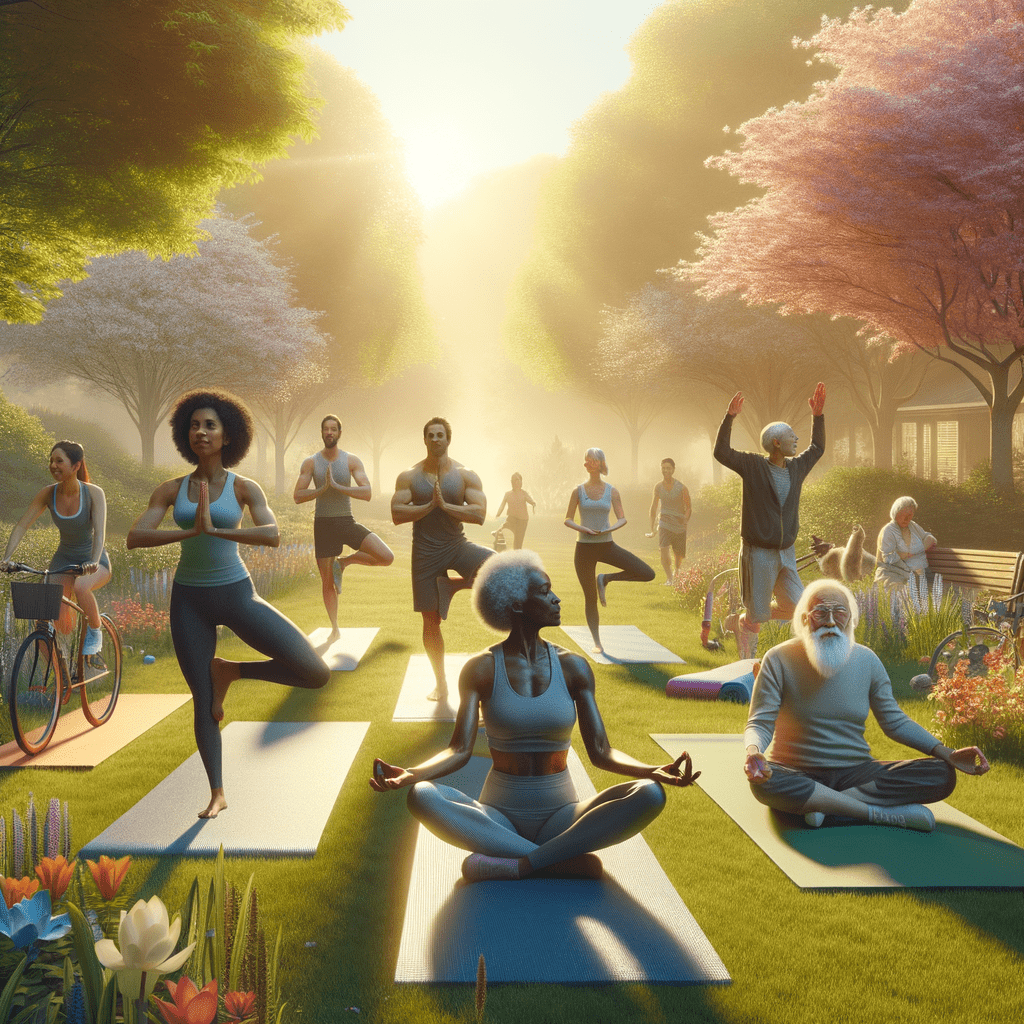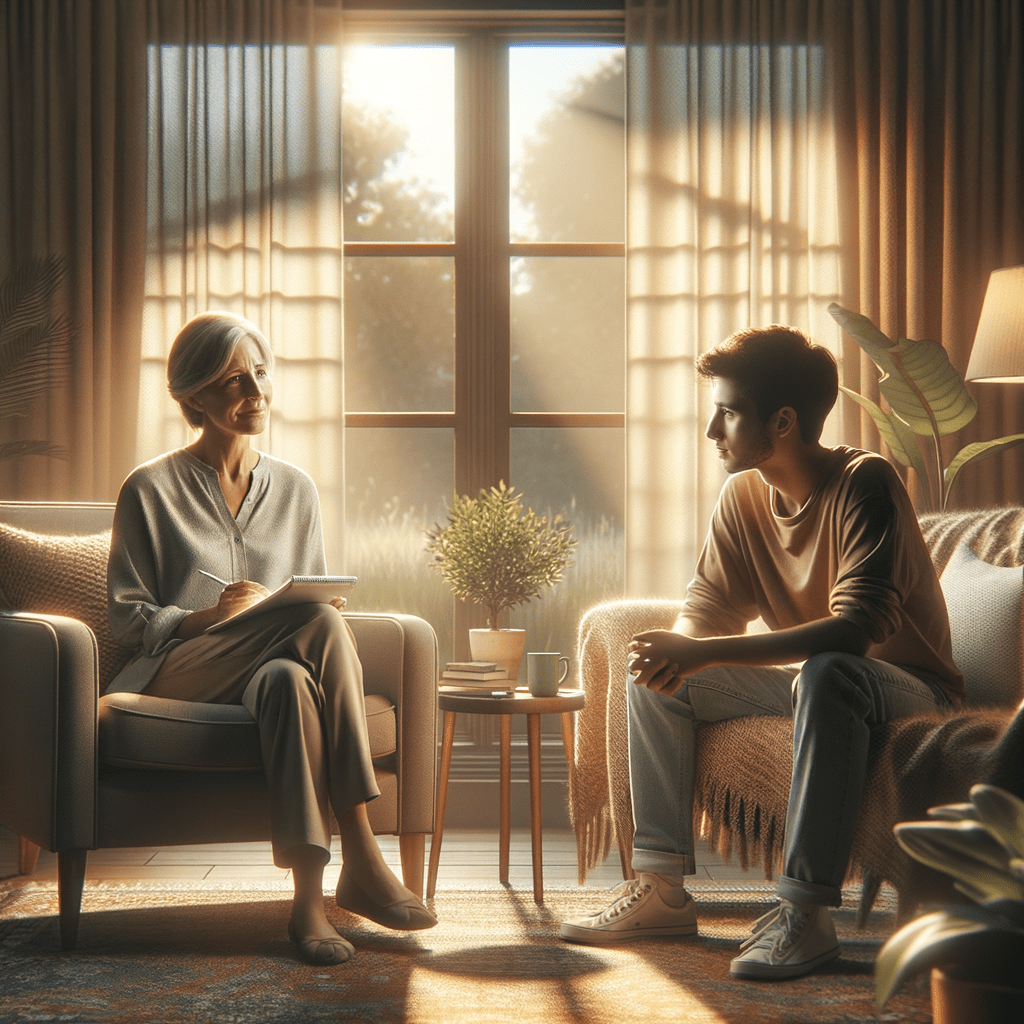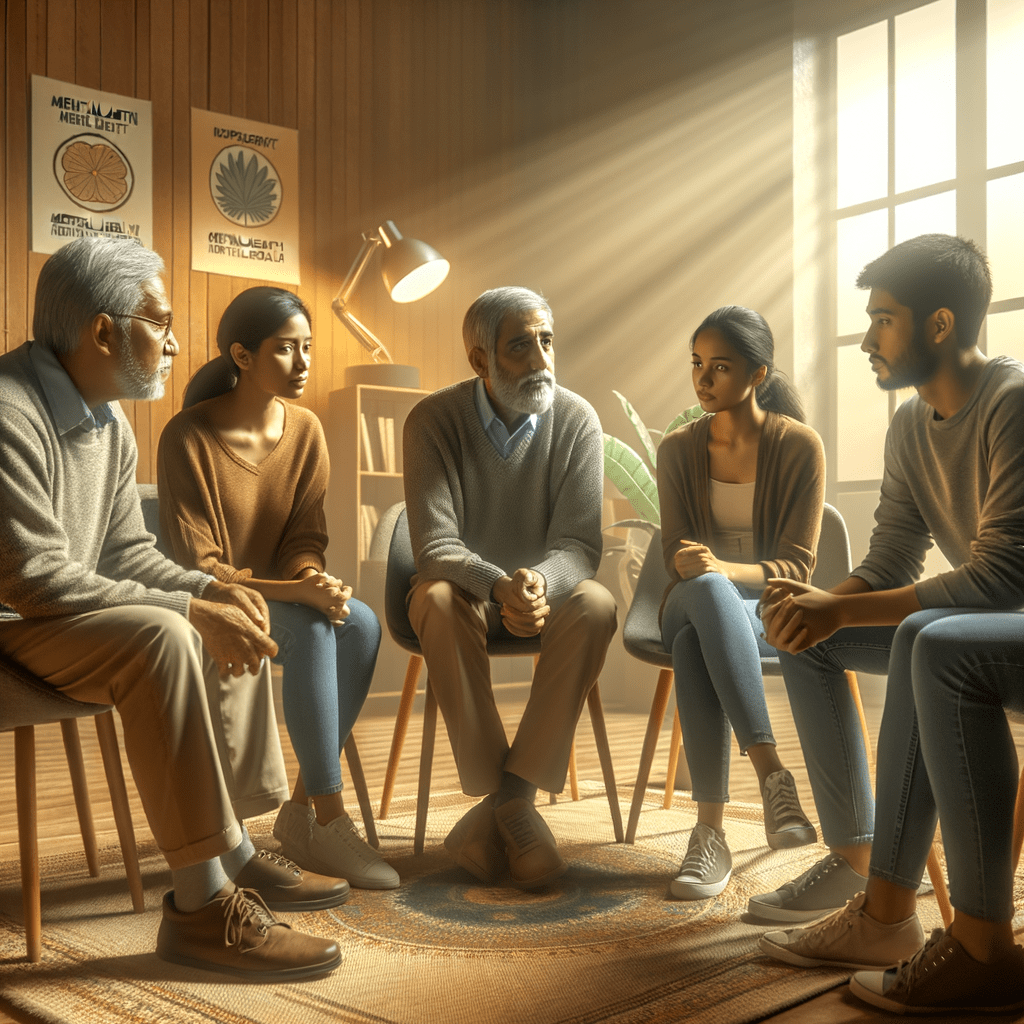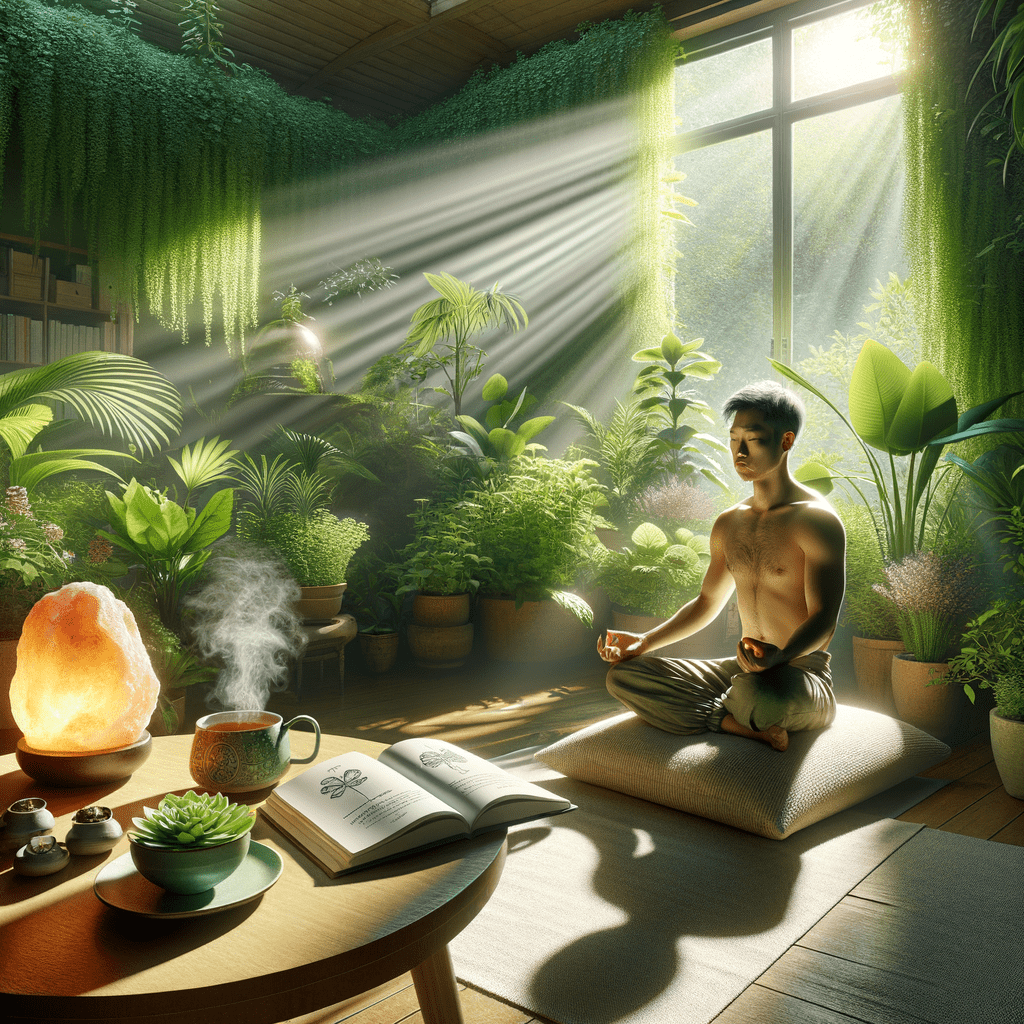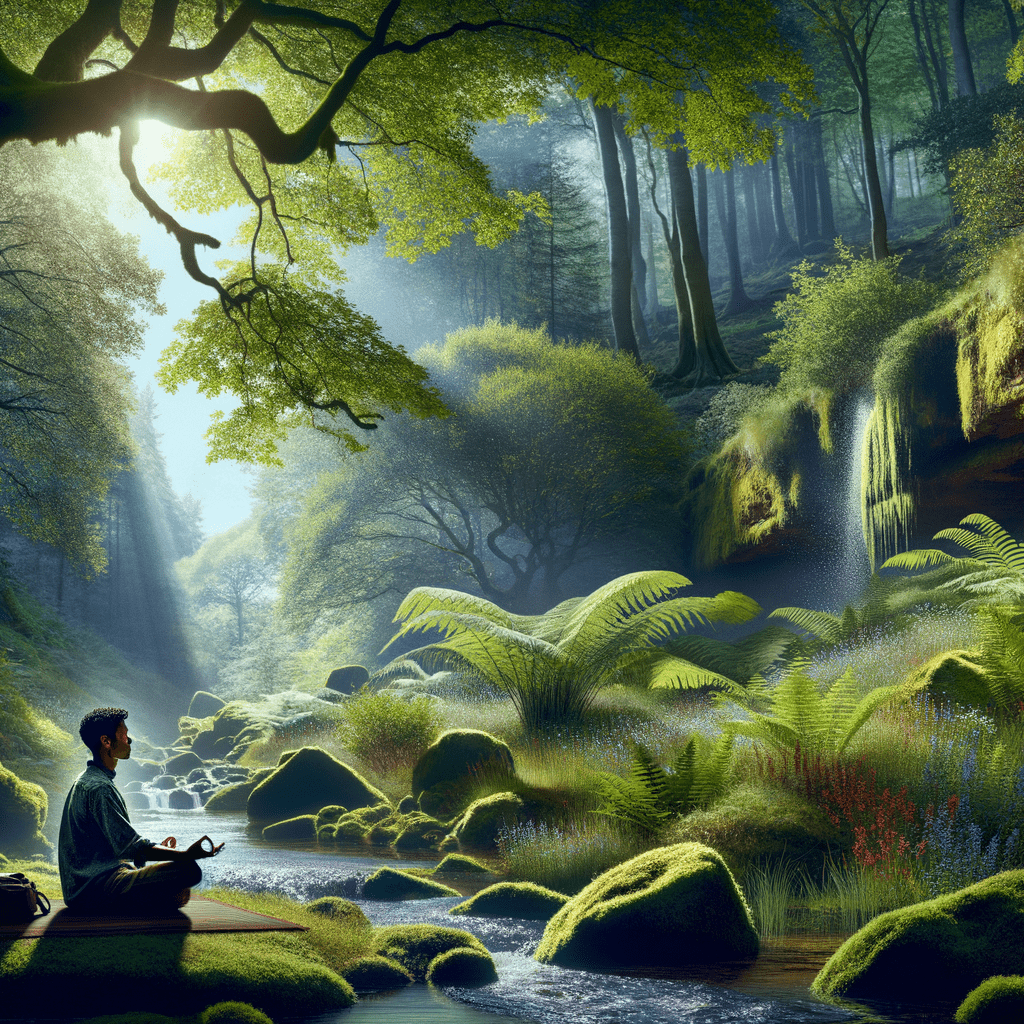From the very first moment I stumbled across the idea of gratitude, it was like I’d found this hidden gem buried right there in plain sight. Suddenly, the small, everyday things in life seemed to shimmer a bit brighter. It was like someone flicked a light switch on in my head, revealing a whole new world full of bits to be thankful for. I’ll be honest, at first it sounded quite cheesy—like something you’d read in one of those self-help books or see plastered on a poster in a waiting room. But as I dug deeper, you wouldn’t believe the actual science I found behind all this feel-good stuff. Real science, folks, promising happiness in spades if you just give it a go.
Imagine peeling back the chaos of life only to find there’s this invisible thread, this simple trick, that can actually rewire your brain towards positivity. That’s the magic scientists believe gratitude holds. I’m usually a skeptic—it’s tougher than ever these days to separate real science from pseudo nonsense. But this gratitude thing kept on tugging at me, because honestly, who doesn’t want their happiness meter cranked up a notch? So, here I am, diving headfirst into this idea, sifting through studies and trying to piece it all together. I really hope it resonates with you as much as it did with me.
The Surprisingly Complex Science Behind Gratitude
Like a kid tearing through Christmas presents, I dove into all sorts of journal articles and studies. Turns out, gratitude isn’t just tossing out a “thank you” here and there. It’s about truly seeing and savoring the good around you, be it grand or itty-bitty, like the morning sun tickling its way through your curtains. Sounds easy, right? Spoiler—it’s not. This is where the science bit had me furiously jotting down notes. Researchers are able to pinpoint the parts of the brain gratitude lights up using MRI scans. It’s like a positive feedback loop—a loop of the good kind that just keeps on giving.
The science says gratitude gets your brain to churn out dopamine and serotonin, those feel-good chemicals we all adore. Basically, your brain throws a little internal shindig each time you appreciate something. Actively searching for things to be grateful for trains your brain to spot the good stuff over time, like you’re some kind of mind-bending wizard.
But here’s what bowled me over: practicing gratitude can actually reshape your brain, thanks to a nifty concept called neuroplasticity. So now I throw that word around at dinner parties because it makes me sound smart, but it actually means your brain can rewire itself. We’re essentially just a bunch of live wires getting soldered together, lighting up Christmas bulbs of joy. Gratitude doesn’t wave away life’s struggles; it gives you a stronger ship and clearer skies to sail through the storms.
How Gratitude Tangoed Its Way into My Daily Life
Deciding to embrace gratitude was like picking up a new hobby—it had its awkward beginnings, like learning to dance when you’ve got two left feet or burning more dinners than you care to remember. But here’s how I made it fit.
Admittedly, starting a gratitude journal felt odd at first. I would sit staring at the blank page, hunting for things to appreciate after a tiresome day. But it soon became a ritual I looked forward to. Jotting down three things, however small, before bed became a powerful practice. I remember writing one day, “The neighbor’s cat sat with me on the porch.” Dumb, right? Yet it felt special, like Lucy the cat had granted me her tail-wagging approval, and I couldn’t help but pen it down with a grin.
It wasn’t just about journaling either. I found myself diving into gratitude meditation, guiding my mind through gratefulness, which brought along a serenity I was too stubborn to seek before. It was like bathing in calm amidst chaos.
My favorite part was telling those I love why I appreciate them. What started as a solo appreciation fest turned into a shared joy. Imagine lighting a candle and passing it in a dark room—everyone gets to hold a bit of light. That’s how it felt. Letting my friends and family know the little things they do made them glow, and it lit us all up together.
Challenges and Quirks of Embracing Gratitude
Let’s not kid ourselves—practicing gratitude isn’t like snapping your fingers and life suddenly looking like a shiny Instagram post. It brings its quirky challenges too, and boy, did I experience them firsthand.
First, there’s the need to keep it real. Sometimes there’s this nagging pressure to drum up gratitude even when you’re feeling anything but, which kind of misses the whole point, doesn’t it? Life can be downright rough, and slapping forced gratitude on it feels as mismatched as sugar-coating a lemon.
Then there’s the danger of falling into the comparison trap. Gratitude might veer into something like toxic positivity if you’re not careful, flipping the concept into this weird competition of “who’s got the better life to be thankful for?” Real gratitude isn’t about winning; it’s about being content with what’s yours, no matter how small, minus any scorecards involved. It’s a tightrope act—finding the silver linings without forcing positivity where it just doesn’t fit.
The Curious Link Between Gratitude and Happiness
So does this link between gratitude and happiness hold as much water as it seems? My gut shouts a big ‘yes!’ And there’s science, too, backing up my gut feeling with solid numbers and letters.
In various studies, folks who practiced gratitude regularly reported feeling way more optimistic and satisfied compared to those who didn’t. There was this one study where people wrote gratitude letters, and just like using pixie dust, their happiness levels shot up in the following weeks. It’s as if the words carried magic, lighting up the spirits of both the writers and those who received them.
But here’s the gist—it’s in the daily act of acknowledging little grateful moments, even when life feels tough, that gradually builds happiness. It’s like finding joy beneath gray skies because you know the rain feeds growth and the sun is just around the corner. Gratitude doesn’t magically conjure happiness; it guides you gently through chaos, reminding you what keeps your spirit anchored.
Rekindling Hope in Times of Despair
On reflection, when life took the hardest swings at me, those were the precise moments gratitude tugged at me the most. In dark, uncertain times, I held tight to small certainties—the glimmers of light in the shadows.
It’s comically hard to sift through your mind searching for things to be grateful for when you’re knee-deep in trouble. Still, those moments—tripping through gratitude’s dance—infused me with unexpected hope, as tiny as finding little fireflies in the dark.
It’s this hope that gratitude brings, a quiet resilience that molds your happiness into something genuine. Gratitude doesn’t siphon happiness from you; it nurtures and shapes it, celebrating both light and dark as equal parts of life’s canvas.
So, when I feel stuck or downtrodden, I try to follow my breath, riding on life’s steady rhythm, whispering soft thanks to the world, to those around me, and most importantly, to myself.
The science of gratitude isn’t an idea confined to academic papers; it’s a heartfelt journey. It’s a mindful practice that roots you in the present, letting happiness bloom from the soil of everyday moments. It’s a lesson that life, with its magnificent mess and gentle mysteries, is something to be cherished.
Placing my metaphorical pen down, or rather, concluding this digital tale, I hope gratitude’s essence dances into your life, the way it twirled into mine, one small miracle at a time.



